World Computer capabilities
The Internet Computer provides numerous unique capabilities that enable it to play the role of World Computer, provide a foundation for transforming the internet, and deliver opportunity to builders and users.
Web experience
The Internet Computer combines several innovations to provide web experiences often indistinguishable from Web2 — all directly from the blockchain.
Serve web directly from smart contracts
The Internet Computer is the only blockchain with canister smart contracts that can serve web by processing HTTP requests. This allows 100% of online services to run from the blockchain, which allows for full decentralization.
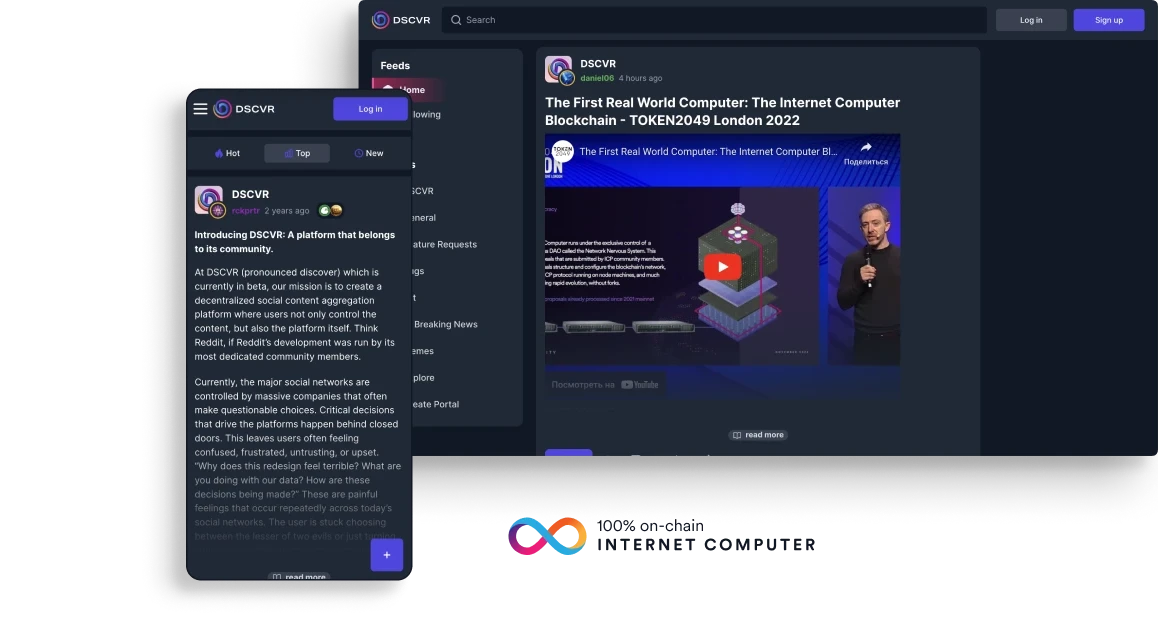
Connect Web2 and Web3 without oracles
Until now, blockchains had to rely on expensive and slow oracles to read from off-chain data sources. ICP smart contracts can directly connect to Web2 APIs, making oracles obsolete. This opens up countless possibilities like sending emails, push notifications, fetching digital asset or fiat prices and many more — directly from the blockchain.
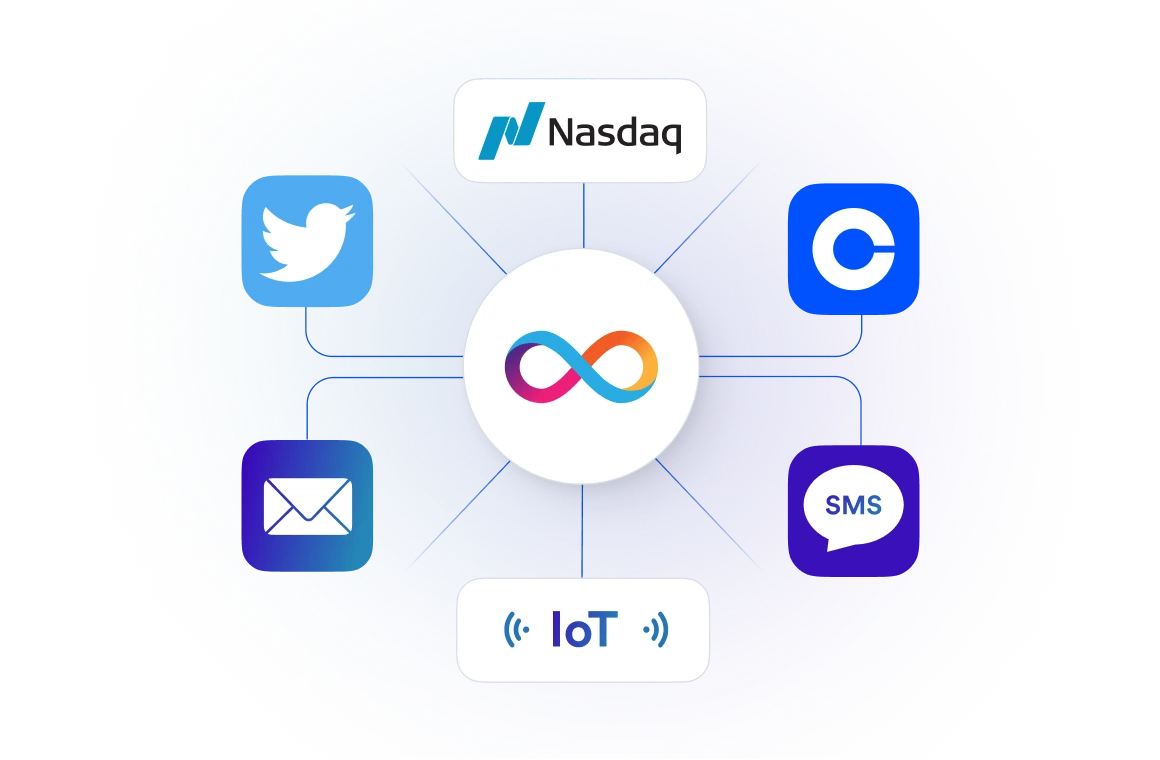
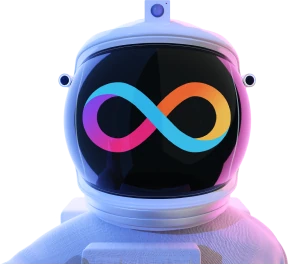

Internet Identity — Web3 auth using WebAuthn
The Internet Computer blockchain has replaced the username and password model with a more advanced and much more secure method of cryptographic authentication that is more convenient, works across all of a user's devices, and helps protect user privacy. Based on W3C's Web Authentication (WebAuthn) Web standard. Using hardware-based user key protection.
Breakthrough performance
Low latency and high throughput. The two most important metrics for measuring performance. The Internet Computer excels in both. Unlike most blockchains, ICP has no theoretical maximum TX/s. Throughput scales horizontally with each added subnet, analougous to how cloud computing scales out with added machines. Smart contracts on different subnets can always communicate with each other, without getting bottlenecked with a growing number of subnets.
First googleable smart contracts in the world
Search engines like Google can’t index smart contracts running on other blockchains. As developers have to use centralized cloud providers to store the frontends, at least those become searchable. A compromise. The Internet Computer hosts smart contracts that can directly be indexed by all popular search engines. No frontends on public cloud required. This is how true Web3 works.
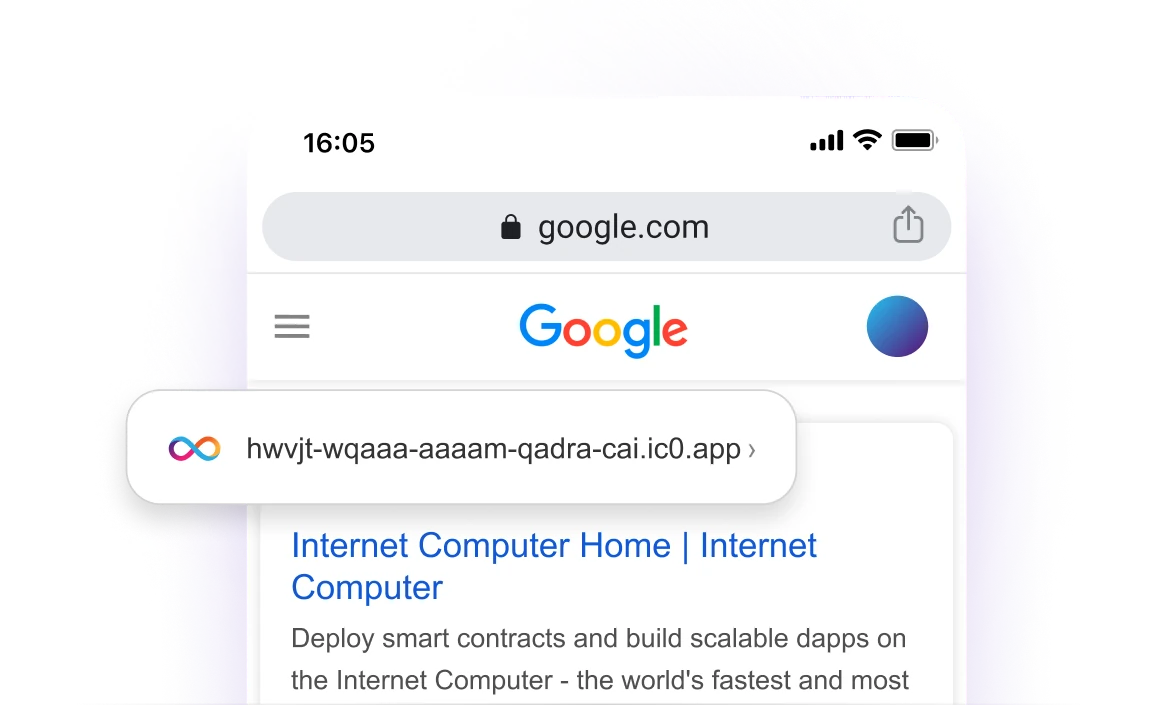
100% on chain: no cloud
The Internet Computer provides a complete tech stack for developers to build on. It can host online services and games fully on chain without ever relying on centralized cloud providers. This provides complete decentralization and removes single points of failure.
Reverse Gas Model
One of the major hurdles to blockchain adoption for end users is having to buy and hold tokens to interact with the blockchain to pay for gas fees. The Internet Computer has been designed with mass adoption in mind from the ground up. Developers charge up their smart contracts with cycles (the IC analogue to gas), so users don’t have to pay when interacting with the smart contracts. This removes a major barrier of entry for end users.
ICP as a DePIN Network
Decentralized physical infrastructure networks (DePINs) are blockchain protocols that build, maintain, and operate hardware infrastructure in an open and decentralized manner. The Internet Computer is one of the leading DePIN networks, hosted by special node machines dedicated to creating a sovereign network, governed by an advanced DAO. Canister smart contracts can rent compute and storage on the network.
Loka Mining
Loka is a platform that enables retail investors to acquire BTC at a lower-than-market price by providing liquidity to Bitcoin miners without any exposure to centralized party risk using the trustless non-custodial escrow and fully decentralized mining pool.

Integrating chains
No more bridges. Hackers have stolen 100s of millions of dollars by exploiting bridges. The Internet Computer uses advanced cryptography to directly integrate with other blockchains without using bridges.
Native Bitcoin smart contracts
The Internet Computer is integrated with the Bitcoin network at the protocol level. Using chain-key ECDSA signatures (an advanced form of threshold ECDSA) and a protocol-level integration, a canister smart contract can create Bitcoin addresses, and send and receive bitcoin, all directly on the Bitcoin ledger, much like a regular Bitcoin user.
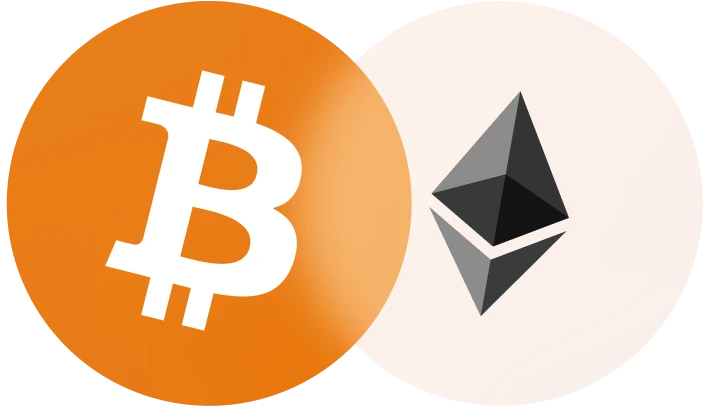
Extending ETH
Using chain-key ECSDA signatures (advanced threshold ECDSA), the Internet Computer will integrate with Ethereum. Internet Computer smart contracts can access and use all digital assets like ERC-20 and ERC-721 tokens from Ethereum, and smart contracts on Ethereum can use the power of IC smart contracts, e.g., low-cost storage and computation.
Cross-chain transaction signing
Threshold ECDSA, coupled with chain-key cryptography is the main innovation behind direct integration with other blockchains without the use of bridges. It allows the Internet Computer to natively create signed transactions on other blockchains such as Bitcoin and Ethereum. The Internet Computer implements secure threshold ECDSA signing, which is the signature scheme used by most blockchains.Learn more
Democracy on the blockchain
DAOs are the future of the digital economy and a core part of the Internet Computer.
The brain of the Internet Computer
The Internet Computer is governed by a fully onchain permissionless system that regularly upgrades the protocol following the intentions of ICP token holders expressed through their votes.
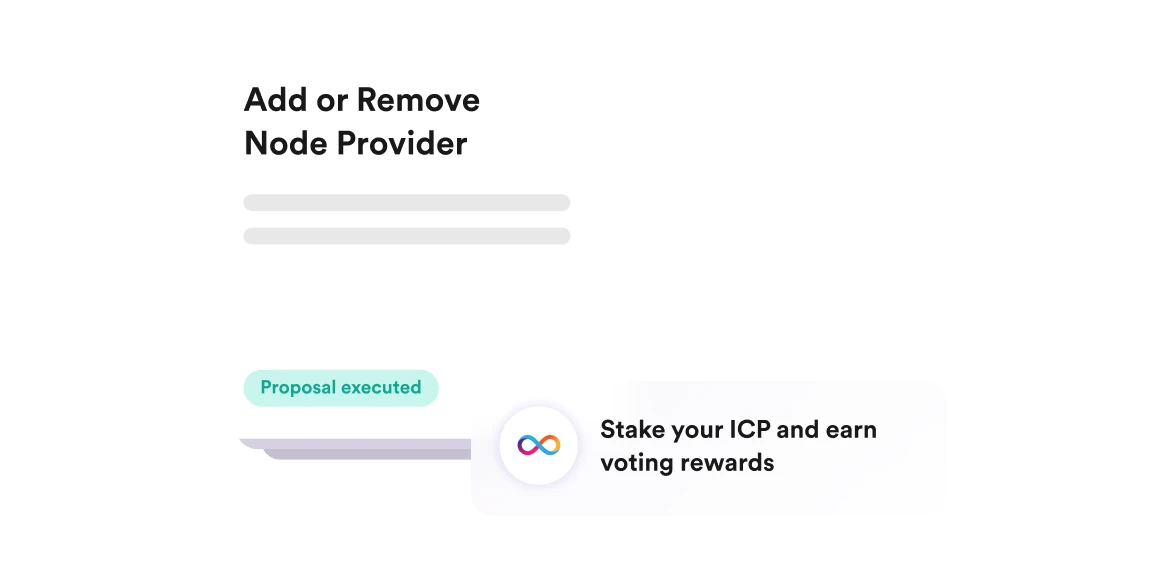
Turn any Web3 service into a DAO
The Internet Computer allows developers to turn their dapps into a DAO to achieve full decentralization — 100% onchain
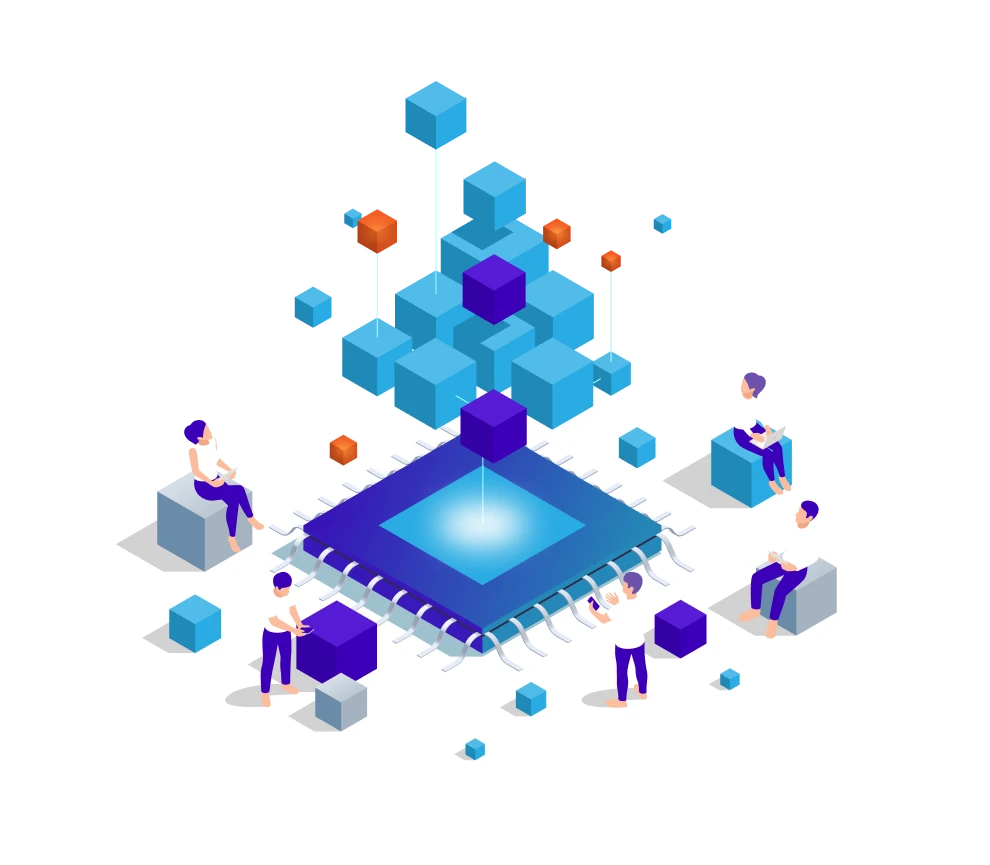
Cool protocol stuff
Countless innovations in cryptography and distributed computing were necessary to build the first true World Computer. Here are a few favorites.
Take a tech dive
Learn the inner workings of the Internet Computer blockchain. Easy-to-read tech articles on the core protocol, governance, chain-key cryptography, chain-key signatures, plus open-source repositories, in-depth video academy sessions, white papers, and more.
